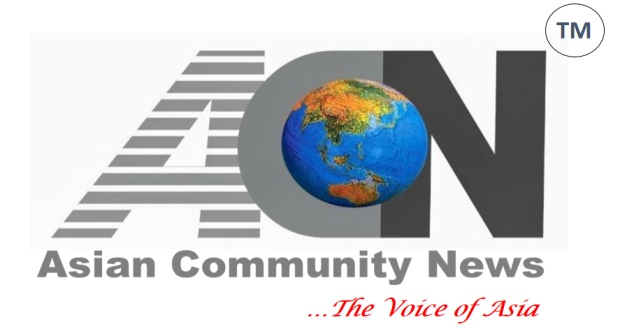South Korea might retitle New Southern Policy as it’s about to unveil its Indo-Pacific Strategy
And if President Yoon changes the NSP, he would not be the only head of the state to do so. His predecessors too have resorted to the same tactics, and have exhibited their individual policy approaches toward Southeast Asia.
ACN OPINION: As the global geo-political situation fast evolves to set a new world order in the backdrop of the polarization of powers with the US and China at loggerheads, South Korea seems all set to take giant steps and unveil its independent Indo-Pacific Strategy, and also might give a new name to New Southern Policy, and rebrand it. Speculations are ripe that President Yoon Suk-yeol might end the Moon government’s strategic ambiguity and the country might come out clearly to bolster strategic and economic ties with the US, India and even revisit its approach with Japan. The new government in South Korea has already indicated that it was ready to revisit the previous government’s decision of not to join QUAD – Quadrilateral Security Dialogue comprising the US, India, Japan, and Australia.
“Preparing for the next 50 years of our relationship and the burgeoning Indo-Pacific era, Korean government is about to launch ‘Korea’s independent Indo-Pacific Strategy’ in a few days (ASEAN & EAS in Cambodia) if not, in weeks’ time,” said Chang Jae-bok, Ambassador of the Republic of Korea to India on Friday in New Delhi.
Ambassador was hinitning at the President Yoon’s visit to Cambodia to attend ASEAN Summit, where he was expected to announce its the Indo-Pacific Strategy.
While indicating that the new Indo-Pacific Strategy might give more importance to stronger South Korea-India relationship, Ambassador added, “As Korea recalibrates its strategic outlook, I am sure that the Korean government will put more emphasis on its ties with India.”
Ambassador Chang was addressing the 16th RASK International Seminar 2022 (전 인도 차세대 육성 한국학 세미나 2022) titled “India-South Korea Ties: Exploring Linkages through History, Values and Interest” at Jamia Millia Islamia University premises. It was organised by the Researchers’ Association for the Study of Korea (RASK).
However, when asked by Asian Community News (ACN) Network on the sideline of the event, whether the President Yoon would give a new name to the New Southern Policy, the Ambassador said that he had no idea about that, and suggested to wait for some time for the official announcement.
“The New Southern Policy integrated into the Indo-Pacific Strategy, and whether it’s name is changed or not, I am not sure about it,” he added.
And President Yoon, if he does announce to change the name of NSP, would not be the only head of the state of the Republic of Korea (ROK) to do so. His predecessors too have resorted to the same tactics, and have exhibited their individual policy approaches toward Southeast Asia.
The NSP and alter NSP Plus was formulated by President Moon Jae-in government when he was elected as the state head in 2017, and rebranded Northeast Asia Peace and Cooperation Initiative, which was rolled out by his predecessor President Park Geun-hye during her presidency from 2013 to 2017.
Before that during his presidency from 2008 to 2013, the then president Lee Myung-bak went ahead with the “Global Korea” and the “New Asian Initiative” when engaging with the Asia-pacific region.
Therefore, the pattern of rebranding and reforming strategic engagement with Southeast Asia seems to be a prominent way to differentiate and distinguish the uniqueness of each presidency’s goal and commitment to Southeast Asia.
Even NSP’s counterpart Act East Policy in India had the similar treatment by the existing Bhartiya Janata Party (BJP)-led Narendra Modi government in 2015. The original name of the Act East Policy was Look East Policy, which was launched in 1991 by the Indian Government led by the former Prime Minister Narasimha Rao of Congress party . The objective was to develop political, economic and security co-operation with countries in Southeast Asia. After the cold war, India wanted to act as a counterweight to China in Southeast Asia.
However, when the Modi government came into power in 2014, it changed the name of the policy to Act East Policy the very next year with almost same underlying objectives.



